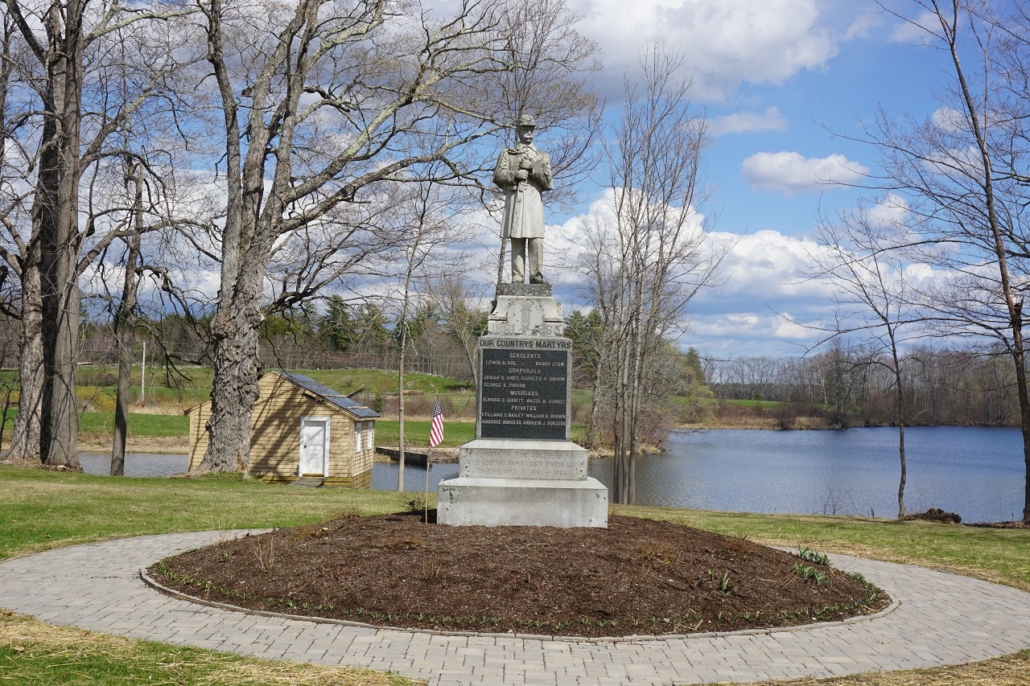China broadband committee agrees to keep Spectrum “on the shelf”
 by Mary Grow
by Mary Grow
China Broadband Committee members continued discussion of their proposal to continue working with Machias-based Axiom Technologies to provide a town-owned network that would extend improved internet service throughout the town.
Before the April 15 committee meeting, Chairman Robert O’Connor had received more information from Spectrum Community Solutions, the company that provides internet and other services to a majority of China households. Axiom and Spectrum both responded to the committee’s request for proposals at the beginning of the year.
Committee members found nothing new in the latest Spectrum communication. They agreed Spectrum should remain “on the shelf” – to be considered only if negotiations with Axiom fail and the committee returns to square one.
A major problem Spectrum still did not address, committee member Tod Detre said, is the legal one: as presently proposed, financing the project requires issuing a bond; towns can issue bonds only for tangible projects like a new building; but Spectrum does not plan to accept town ownership of the network infrastructure.
Committee members have previously insisted on the value of town ownership, because it ensures local control. The present assumption is that Axiom would subcontract building the network and would run it (or possibly subcontract operations, too). If operations were unsatisfactory, the town could replace Axiom with a new service provider.
Committee members plan to explain these issues and others to China selectmen at their Thursday, April 29, meeting, to which the selectboard is invited. O’Connor said consultants Mark Van Loan and John Dougherty, of Mission Broadband, are expected to attend the (virtual) meeting, and he hopes Axiom President Mark Ouellette will be available.
Committee members are preparing an information summary to share with selectmen, covering financial and technical issues, possibilities of sharing the project with other towns and plans for community outreach. The draft is on a shared site on line so each member can suggest changes.
The committee will meet at 7 p.m. Thursday, April 22, to review the summary. After the April 29 meeting, committee members hope selectmen will endorse their plan and approve continuing to hire Mission Broadband’s services. The committee’s goal is a question on the Nov. 2 local ballot asking voters to approve the project and authorize a bond issue to finance it.







